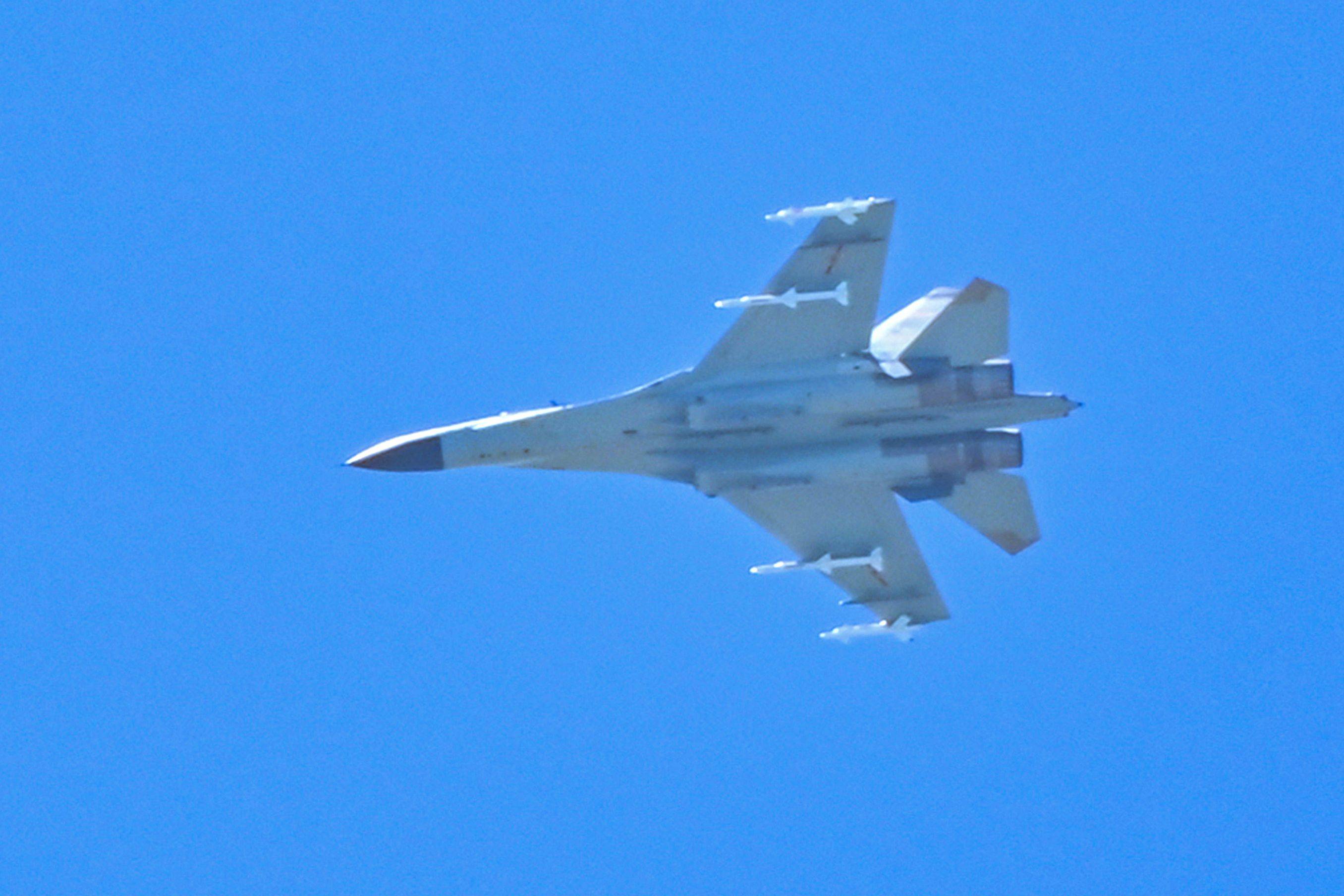Tensions in the Taiwan Strait are spiking in the wake of the visit this week of Nancy Pelosi, speaker of the U.S. House of Representatives, to Taiwan.
Her visit was not without precedent nor did it signal a shift in U.S. policy toward China. The Beijing government is furious nevertheless, denouncing the visit in strident language and promising countermeasures to ensure that no one gets the wrong idea.
The Chinese leadership is smart enough to know that a precipitous, direct move against Taiwan is unwise and dangerous. Still, the possibility of an accident or miscalculation remains palpable. Concerned governments should insist that Beijing remain calm, desist from destabilizing activities and continue their efforts to strengthen their own defenses to be prepared for any contingency.



















With your current subscription plan you can comment on stories. However, before writing your first comment, please create a display name in the Profile section of your subscriber account page.